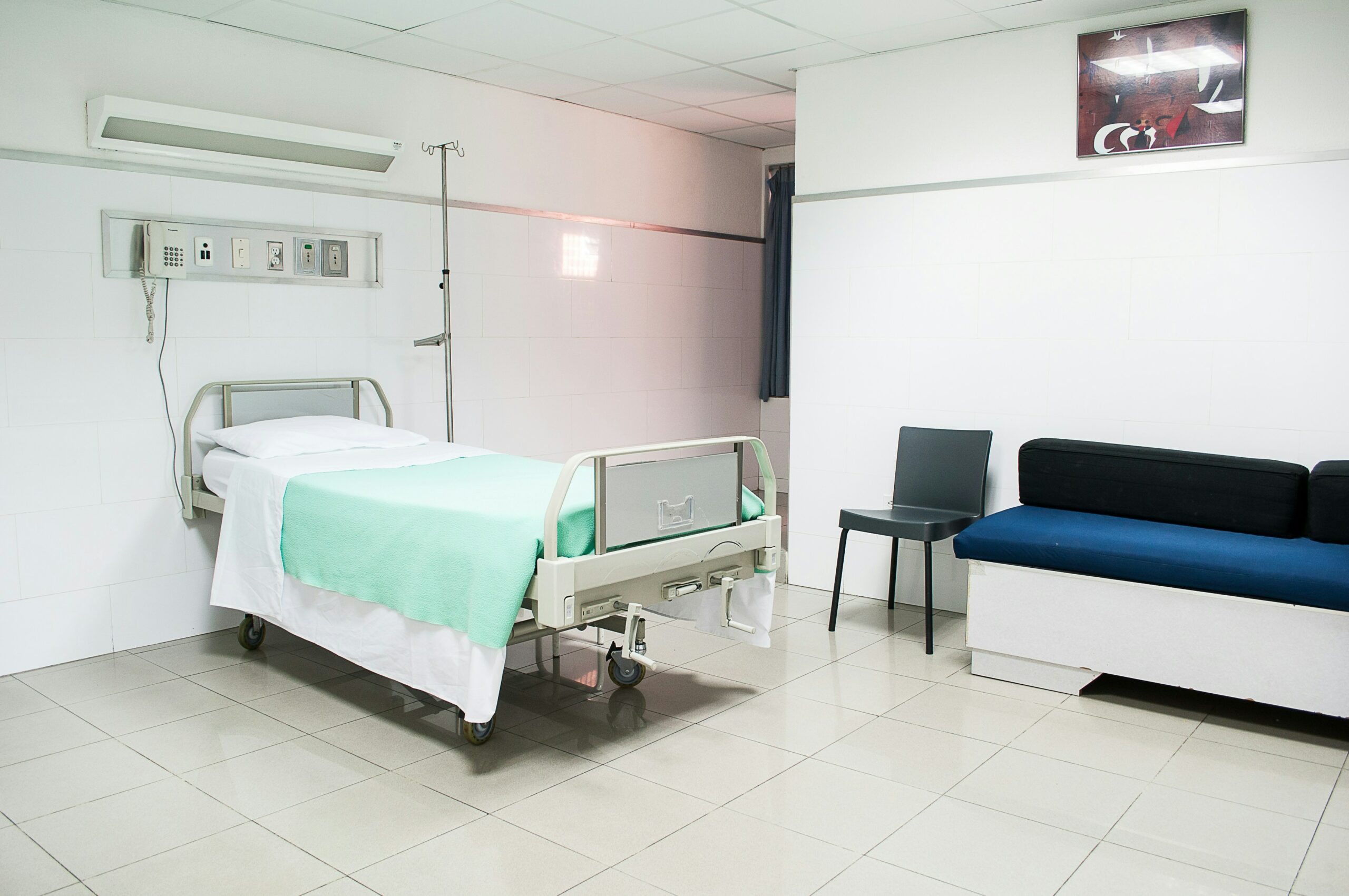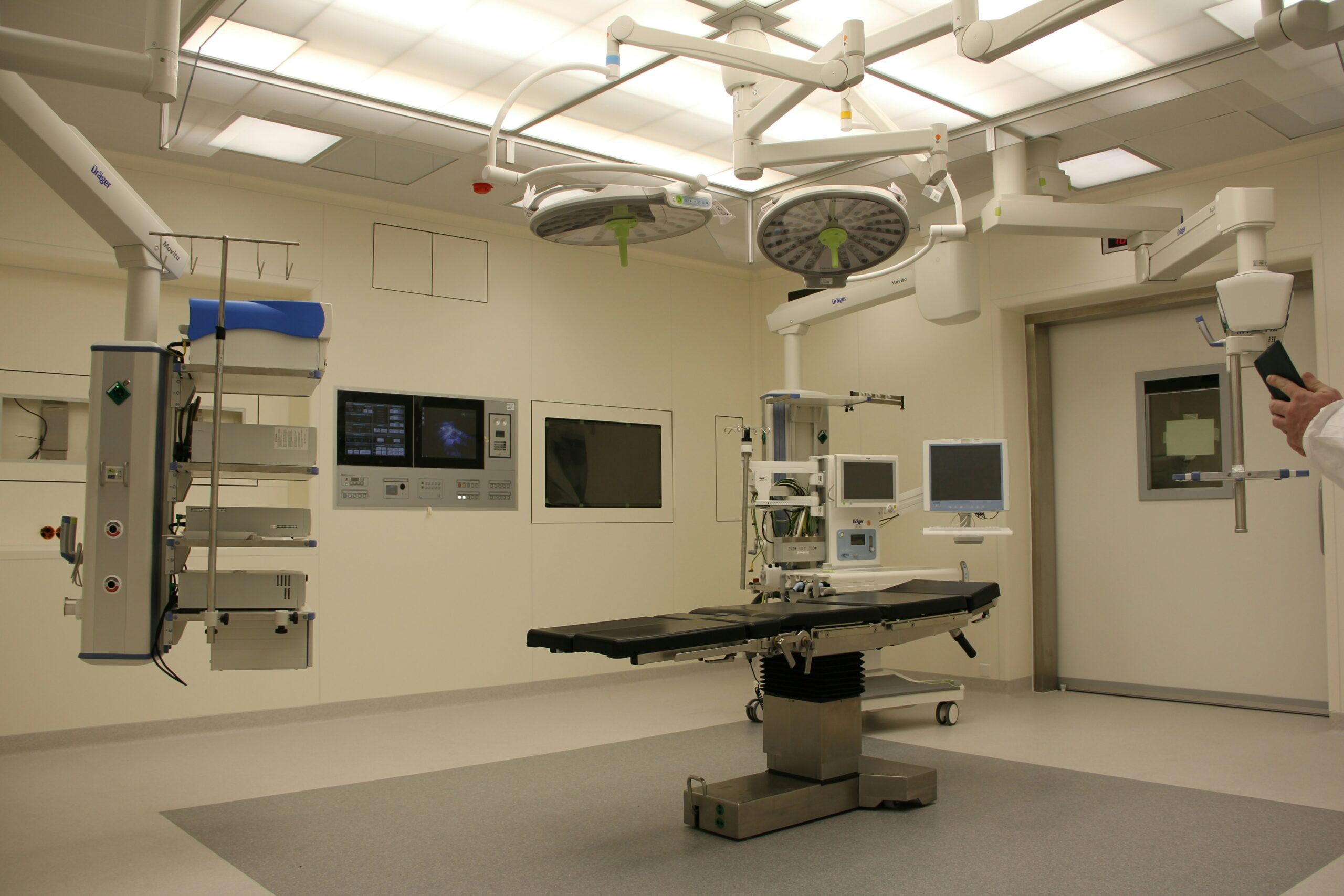Aluminium is a metal recognised for its lightweight, corrosion resistance, and versatility. These characteristics have made it an invaluable material in various industries, including the medical sector. In recent years, the application of aluminium in medical devices, equipment, and packaging has revolutionised healthcare, improving patient outcomes and streamlining medical procedures.
From surgical tools to diagnostic instruments, aluminium’s unique properties have facilitated advancements in medical technology whilst also offering benefits such as hygiene sustainability and functionality. Here are the main ways aluminium is used in the medical industry and the benefits it provides to practises, employees and patients.

Aluminium in the medical sector
Aluminium’s application in the UK’s medical industry spans a broad range of uses, from enhancing surgical precision to ensuring the safety of pharmaceuticals.
Medical devices and instruments
Aluminium is commonly used in manufacturing surgical tools, needles, and other medical instruments due to its strength, durability, and lightweight nature. This helps reduce the strain on surgeons and ensures precision during operations. Aluminium is also easy to clean and maintain and can be recycled if it should only be used once for hygiene reasons.
Diagnostic equipment
Found in various diagnostic tools, including MRI and CT scan machines, aluminium is ideal for diagnostics as its thermal conductivity helps maintain the optimal functioning of the devices.

Prosthetics and implants
Aluminium alloys are often used in creating prosthetic limbs and orthopaedic implants. Their lightweight and strong properties make them ideal for enhancing mobility and reducing the burden on patients.
Hospital furniture and fixtures
Places such as hospitals, hospices and care homes require high-quality furniture for their patients. Aluminium is used in hospital beds, wheelchairs, and other medical furniture due to its resistance to corrosion, long-lasting quality, hygiene and easy-to-clean surfaces. Using aluminium for these properties provides patients with the support and reliability they need whilst also offering adjustable features so they can change positions and comfort levels.
Packaging
In the pharmaceutical sector, aluminium is used extensively for packaging medicines, equipment and first aid equipment. Using aluminium ensures that the goods are protected from light, moisture, and contamination, ensuring their efficacy and safety. This is also a much more sustainable option compared to single-use plastic so can either be used again by the patient or recycled.
Sterilisation equipment
Aluminium’s ability to withstand high temperatures makes it suitable for a range of sterilisation equipment.
Medical imaging
Aluminium is used in components of X-ray machines and other imaging devices due to its ability to absorb radiation, which helps in creating clearer and more accurate images.

Benefits of using aluminium in the medical sector
- Lightweight
- Strong and durable
- Ease of use and easy to move around or adjust
- High strength-to-weight ratio
- Corrosion resistance
- Longevity
- Hygiene
- Biocompatibility
- Reduced allergic reactions or sensitivity
- Thermal conductivity
- Effective heat management
- Versatility and malleability
- Customisation and adaptability
- Cost-effective
- Low maintenance cost
- Fire resistance
- Sustainable and eco-friendly solutions
Aluminium bending services for businesses across the UK
Aluminium bending specialists provide expertise and services in areas such as aluminium windows and doors, aluminium bending and aluminium section bending.
So if you’re in search of a material that will stand the test of time, aluminium is that material.
If you’re ready to make your purchase, you can use our build-a-quote service to place your order, Or, if you’d like to speak to our team about your project please give us a call on 01623 259173.


